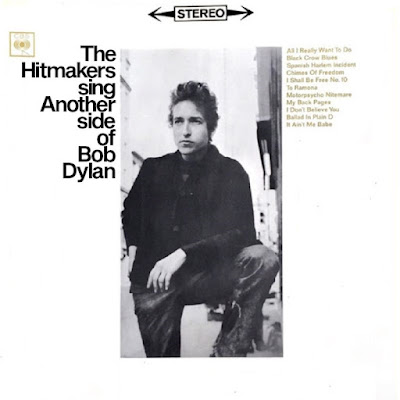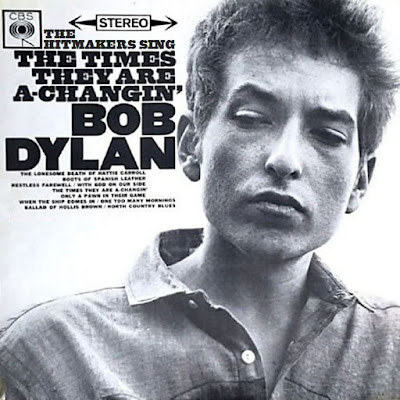In the second half of 1967 and through to early 1968, while still part of Pink Floyd, Syd Barrett's behaviour became increasingly erratic and unpredictable, with reports of him on stage with the group during this period strumming on one chord through an entire concert or not playing at all. Following an increasingly difficult US tour with him in 1967, and with David Gilmour drafted in to help out with live dates, the rest of the band decided that they couldn't work with Barrett any more, and on 6 April 1968 they officially announced that he was no longer a member of Pink Floyd. After Barrett left Pink Floyd, Peter Jenner and Andrew King, from the band's management, followed suit, feeling that as Barrett was the creative centre of the band, they would rather represent him than Pink Floyd. In May Jenner led Barrett into EMI Studios to record some solo material, but this was only partially successful, with most tracks having no vocals. Recording resumed in June and July, with better progress being made this time, but shortly after the July dates, Barrett abruptly stopped recording, breaking up with girlfriend Lindsay Corner, and then going off on a drive around Britain in his Mini, at the end of which he ended up in psychiatric care in Cambridge.
By the start of 1969, a somewhat recovered Barrett decided to return to his musical career and revisit the Jenner-produced recordings, and so in April 1969 he began working on newer material, while reworking the 1968 recordings. After some months of work on the songs, Barrett told his flatmate that he was going off "for an afternoon drive", but instead followed Pink Floyd out to Ibiza, and during the trip, he asked David Gilmour for his help on the album, and so at the end of May, Malcolm Jones abandoned his production responsibilities and Gilmour and Waters took over. Although they were in the process of completing Pink Floyd's 'Ummagumma' album, they took time out and helped Barrett finish his album, managing to record a number of his songs during a June session, and then coming back to complete the project after taking a temporary break to mix 'Ummagumma' and undertake a tour of the Netherlands. After several months of intermittent recording, the album was finally deemed complete, and once the final recording sessions for the album had been completed, Gilmour and Waters mixed not just the tracks they had produced, but also the previously recorded songs with Malcolm Jones, in a matter of two days.
'Octopus' was released as a single in November 1969, and 'The Madcap Laughs' followed on 2 January 1970, with both records appearing on the Harvest Records label. The album was fairly well-reviewed by music critics, and has since become something of a classic of the psychedelic music genre, and so the songs are ripe for interpretation by other bands with the same midset. Marc And The Mambas deliver a great take on 'Terrapin', and Slowdive's version of 'Golden Hair' is pretty much exactly as you would expect it to sound. REM have covered 'Dark Globe', and The Shamen and The Mock Turtles have both provided superb takes of a couple of songs from the record for official tribute albums to Barrett, while two of my personal favourite bands finally appear together, with The Green Pajamas and The Cleaners From Venus both giving it their best. I'll have to admit that this is one of the most idiosyncratic collections in this series, but every artist on here shows an obvious love for the source material, and so in the end it makes for an intriguing and enjoyable listen.
01 Terrapin (Marc And The Mambas 1982)
02 No Good Trying (The Mock Turtles 1987)
03 Love You (The Besnard Lakes 2010)
04 No Man's Land (Race Horses 2010)
05 Dark Globe (REM 1989)
06 Here I Go (The Balters 2022)
07 Octopus (Carnival Art 1990)
08 Golden Hair (Slowdive 1991)
09 Long Gone (The Shamen 1987)
10 She Took A Long Cold Look (The Green Pajamas 2000)
11 Feel (Marinus Pee 2015)
12 If It's In You (Jennifer Gentle 2010)
13 Late Night (The Cleaners From Venus 1985)



















